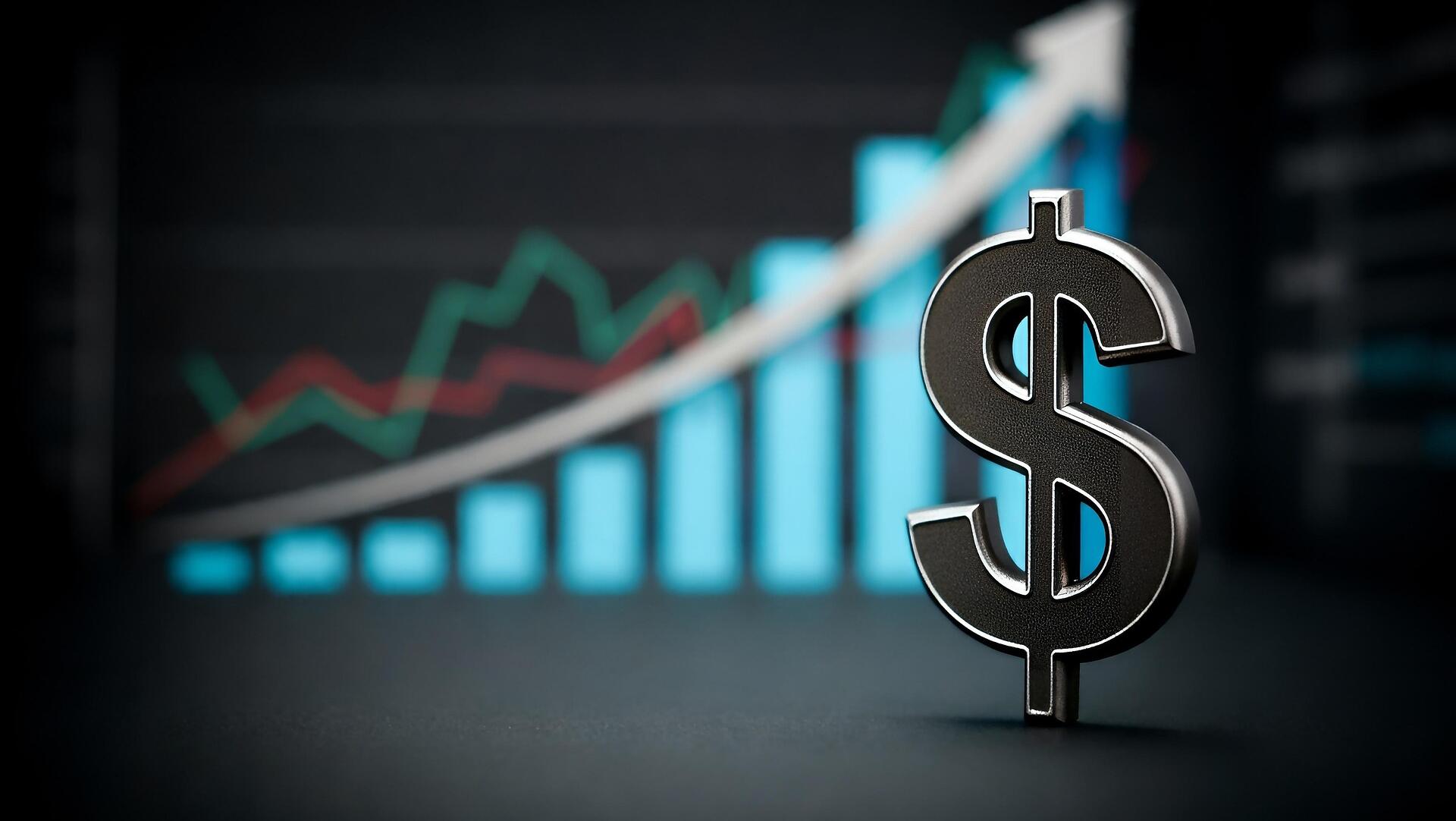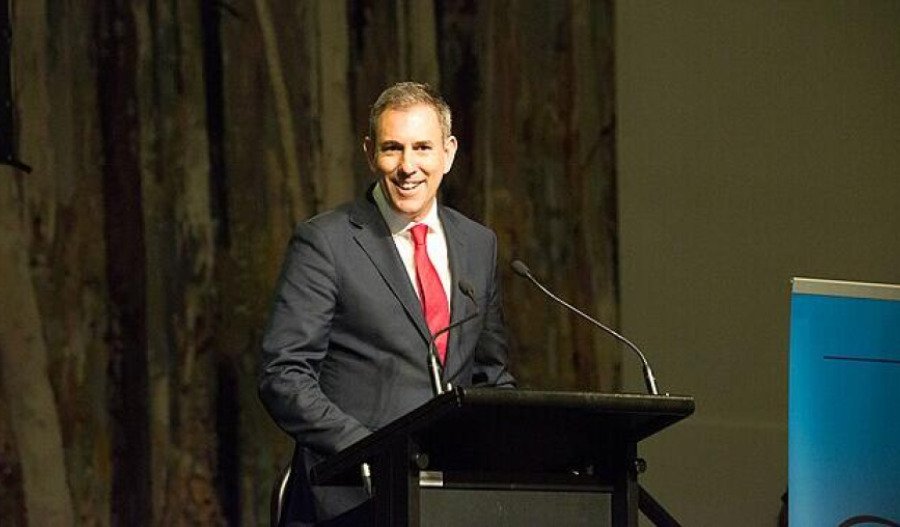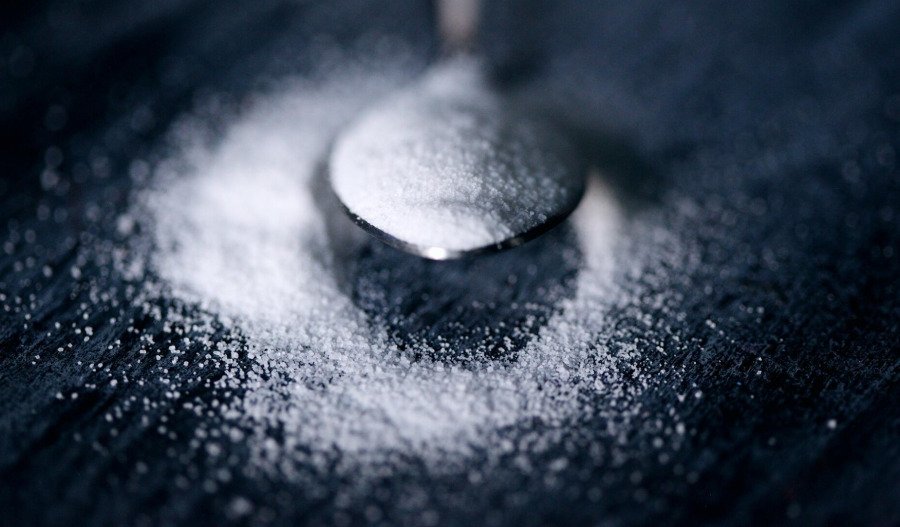Australians will receive another tax cut and cost-of-living relief if the Australian Labor Party returns to power.
The surprise reduction in tax rates for all 14 million Australian taxpayers was the centrepiece of the Budget handed down on Monday night by Treasurer Jim Chalmers. This was ahead of an election due on 17 May.
The lowest tax rate would be reduced from 19% to 14%, the second lowest from 32.5% to 30% and two thresholds would be raised under changes. This would equal $268 in the 2027 financial year and $536 a year later for a worker with average earnings.
“They will help with the cost of living while delivering broader economic benefits – like returning bracket creep and boosting labour supply,” Prime Minister Anthony Albanese and Chalmers said in a joint media release.
The Liberal/National Party Opposition, which is running neck and neck with Labor in opinion polls, said it would not support the tax cuts, with Shadow Treasurer Angus Taylor calling them a “cruel tax hoax”.
“This is a budget for the next five weeks, not the next five years,” Taylor said in a media release.
The two new rounds of tax cuts worth A$17.1 billion ($10.7 billion) and other measures mean that after two years of surpluses Australia will run budget deficits until 2035/36 with net debt rising from 19.9% of gross domestic product now to 23.1% in 2028-29.
More than tax cuts
The Government also said it would ban non‑compete clauses applying to three million workers earning less than $175,000, which it claimed prevented them from switching to better, higher‑paying jobs, particularly in construction and child care.
Other elements of the budget include:
- $1.8 billion for energy bill relief for households and small businesses
- $1.8 billion to list more medicines on the Pharmaceutical Benefits Scheme (PBS) and lower the maximum price of PBS medicines to $25
- $8.5 billion for more ‘bulk billed’ (free) consultations with general practitioners and to train more doctors and nurses
- $2.6 billion for a wage increase for aged care nurses, and
- Wiping 20% off student debts and raising the graduate repayment threshold.
Chalmers said although Australia was not immune to challenging global conditions including escalating trade tensions, a slowdown in China and the ongoing war in Europe, it was one of the best placed economies to navigate them.



